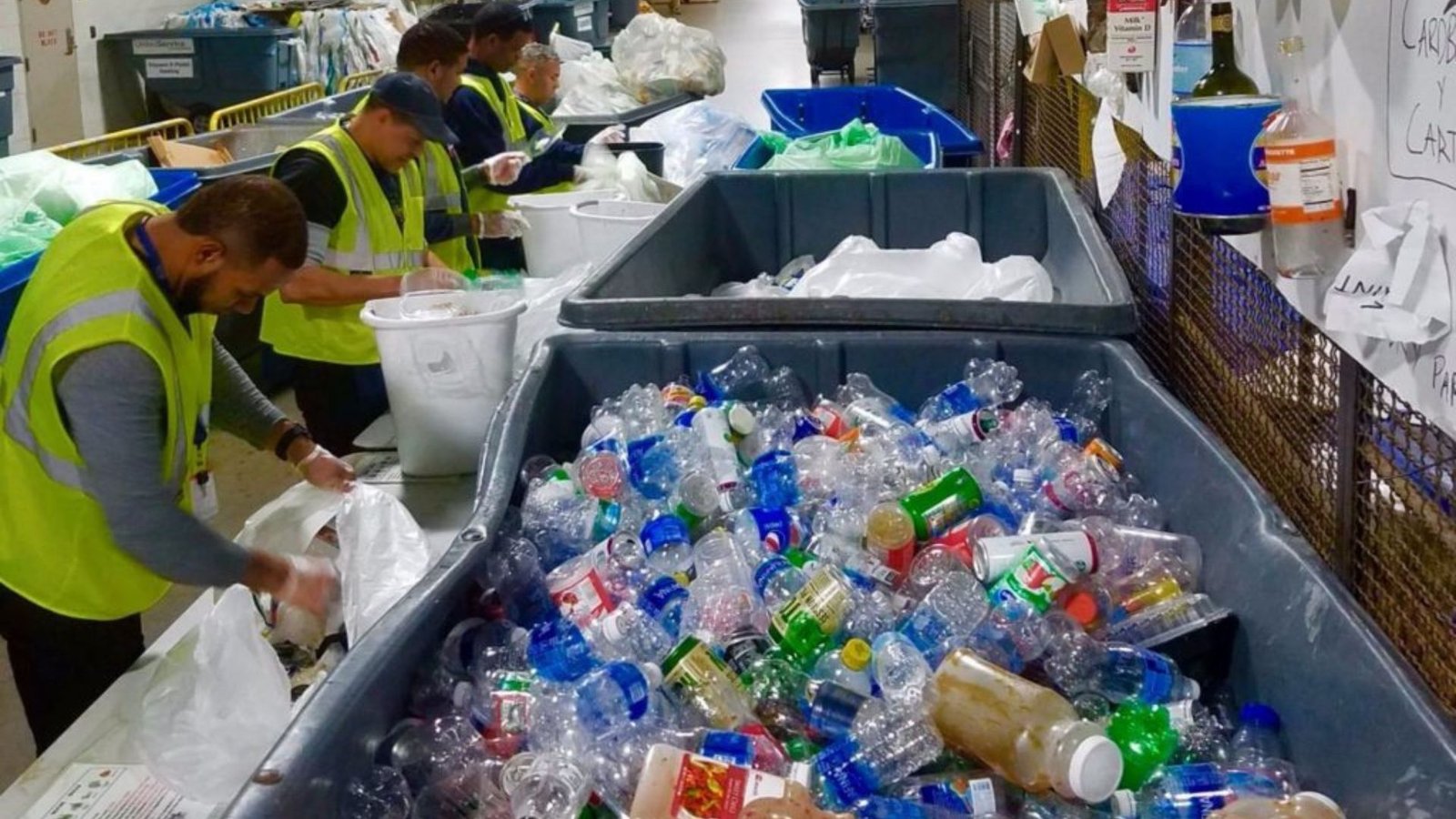Implementing waste disposal regulations is crucial for ensuring environmental safety and public health. As waste management becomes increasingly important in our society, understanding how to effectively apply these regulations can help prevent pollution and promote sustainability. In this article, we’ll explore how to implement waste disposal regulations effectively.
1. Understanding Waste Disposal Regulations
What Are Waste Disposal Regulations?
Waste disposal regulations are laws and guidelines set forth by governmental bodies to manage waste materials properly. These regulations govern how waste is collected, treated, transported, and disposed of, aiming to minimize environmental impacts and health risks. Familiarizing yourself with these regulations is the first step toward compliance.
Why Are They Important?
Understanding the importance of waste disposal regulations is essential for several reasons:
- Environmental Protection: Proper disposal reduces pollution and protects ecosystems.
- Public Health: Mismanaged waste can lead to health hazards for communities.
- Legal Compliance: Following regulations prevents legal penalties and fosters community trust.
By recognizing these points, organizations can appreciate the necessity of implementing these regulations effectively.

2. Developing a Waste Management Plan
Assess Current Practices
Before implementing waste disposal regulations, it’s crucial to evaluate your organization’s current waste management practices.
- Conduct an Audit: Start with a thorough waste audit to identify the types and quantities of waste generated. Understanding what you have will help you plan effectively.
- Identify Gaps: Analyze areas where your practices fall short of regulatory compliance. This step ensures that you focus on necessary improvements.
Create a Comprehensive Waste Management Plan
Once you understand your current practices, develop a comprehensive waste management plan that outlines how your organization will comply with regulations.
- Set Clear Objectives: Establish specific goals for waste reduction, recycling, and proper disposal. For instance, aim to reduce landfill waste by a certain percentage within a year.
- Incorporate Best Practices: Include best practices for waste segregation, recycling, and safe disposal methods. This ensures everyone understands their role in compliance.
3. Educating and Training Staff
Importance of Staff Training
Employee awareness and training are pivotal for the successful implementation of waste disposal regulations. When staff members understand the significance of their actions, they are more likely to comply.
- Conduct Regular Training Sessions: Schedule training workshops to educate employees about waste disposal regulations, proper waste segregation, and safe handling practices.
- Use Visual Aids: Display posters and infographics around the workplace to serve as constant reminders of proper waste management practices.
Foster a Culture of Compliance
Creating a culture of compliance within your organization will help ensure that all employees take waste disposal regulations seriously.
- Encourage Feedback: Allow employees to voice concerns and suggest improvements regarding waste management practices. This involvement can foster a sense of ownership and accountability.
- Recognize Compliance Efforts: Acknowledge and reward staff members who consistently adhere to waste disposal regulations. Positive reinforcement can motivate others to follow suit.
4. Monitoring and Continuous Improvement
Regular Monitoring
Once you’ve implemented your waste management plan, continuous monitoring is essential for assessing its effectiveness.
- Track Waste Generation: Regularly measure the types and amounts of waste generated to identify trends and areas for improvement.
- Review Compliance: Periodically review compliance with waste disposal regulations to ensure that all practices align with legal requirements.
Adjusting Strategies
Being adaptable is crucial for maintaining compliance and improving waste management efforts.
- Analyze Data: Use data collected from monitoring efforts to analyze what is working and what isn’t. This analysis can guide adjustments to your waste management plan.
- Stay Updated: Keep abreast of changes in waste disposal regulations and adjust your strategies accordingly. Regular updates will ensure continued compliance and effectiveness.
Conclusion
Implementing waste disposal regulations is not merely a legal requirement; it’s an essential practice for safeguarding the environment and public health. By understanding the regulations, developing a comprehensive waste management plan, educating staff, and continuously monitoring practices, organizations can ensure compliance and contribute to a healthier planet. Remember, effective waste management is a collective effort that involves everyone in the organization.




